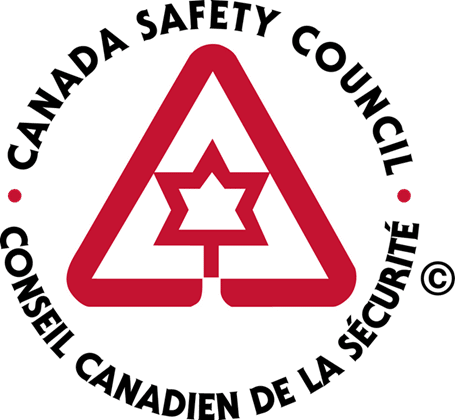Boating Safety
Alcohol and water don’t mix. One third of boating deaths are alcohol related. Alcohol distorts a person’s judgment no matter where they are. That distortion is even greater on the water because there are no road signs or lane markers on the water and the weather can be unpredictable. Fatigue, sun, wind and the motion of the boat dull your senses. It is important to be able to think quickly and react well under pressure, and alcohol diminishes your abilities and impairs your judgment. Drinking and driving (on land or water) is illegal.
Always use personal flotation devices (PFD). It’s always a good idea for everyone on the boat to wear a Coast Guard-approved life jacket (or a personal flotation device), whether the boat is a large speedboat or a canoe — and whether you’re a good swimmer or not. It may take a few minutes to get used to it, but it definitely can be a lifesaver. Don’t leave land without it.
Stay in touch. Before going out on a boat, let somebody on land know where you are going and about how long you’ll be out. That way, if you do get into trouble, someone will have an idea of where to look for you. If you’re going to be on the water for a long time, it’s a good idea to have a radio with you so you can check the weather reports. Water conducts electricity; so if you hear a storm warning, get off the water as quickly as you can.
